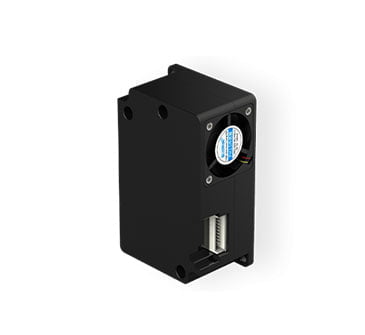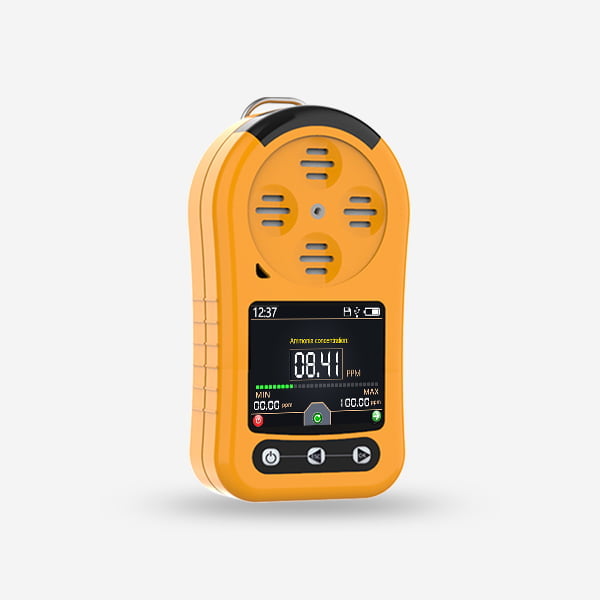By detecting and measuring ozone levels, ozone sensor enable us to assess air quality and take necessary actions to ensure a healthy living environment. Ozone is a harmful gas that can affect human health and the environment.

What is an Ozone Sensor?
An ozone sensor is a device designed to detect and measure the concentration of ozone in the air. It operates on the principle of chemical reactions between ozone and other compounds present in the sensor. When ozone molecules come into contact with these compounds, they undergo a reaction, generating a measurable signal that is proportional to the ozone concentration.
Importance of Ozone Sensors in Air Quality Monitoring

Ozone sensor play a crucial role in air quality monitoring for several reasons. First and foremost, they provide real-time data on ozone levels, allowing us to understand the current air quality conditions accurately. This information is vital for individuals with respiratory conditions or compromised immune systems who may be more vulnerable to the adverse effects of ozone exposure.
Environmental Impact of Ozone
Ozone, although beneficial when present in the upper atmosphere, becomes harmful when it accumulates at ground level. High levels of ozone can lead to various environmental issues, including damage to vegetation, reduction in crop yields, and depletion of the ozone layer. Ozone sensor help us identify areas with elevated ozone concentrations, enabling us to take steps to mitigate its harmful effects.
Applications of Ozone Sensors

Ozone sensor find applications in various sectors. In urban areas, they are used in air quality monitoring stations to measure ozone levels alongside other pollutants. Industries that emit ozone-forming substances also utilize ozone sensors to ensure compliance with regulations and minimize their impact on the environment. Additionally, ozone sensors are employed in indoor environments, such as offices and homes, to maintain healthy air quality.
Benefits of Ozone Sensors
The use of ozone gas sensor offers several benefits. Firstly, they provide accurate and reliable measurements, ensuring that we have precise information about ozone concentrations. This data can aid decision-making processes, such as implementing pollution control measures or issuing public health advisories. Secondly, ozone sensors are cost-effective and easy to operate, making them accessible to a wide range of users.
Conclusion:
Ozone sensors are a crucial component of air quality monitoring systems. By detecting and measuring ozone levels, these sensors help us understand the air quality conditions and mitigate the harmful effects of ozone on human health and the environment. As technology advances, the development of more advanced ozone sensors will continue to contribute to better air quality management and a healthier living environment for all.





